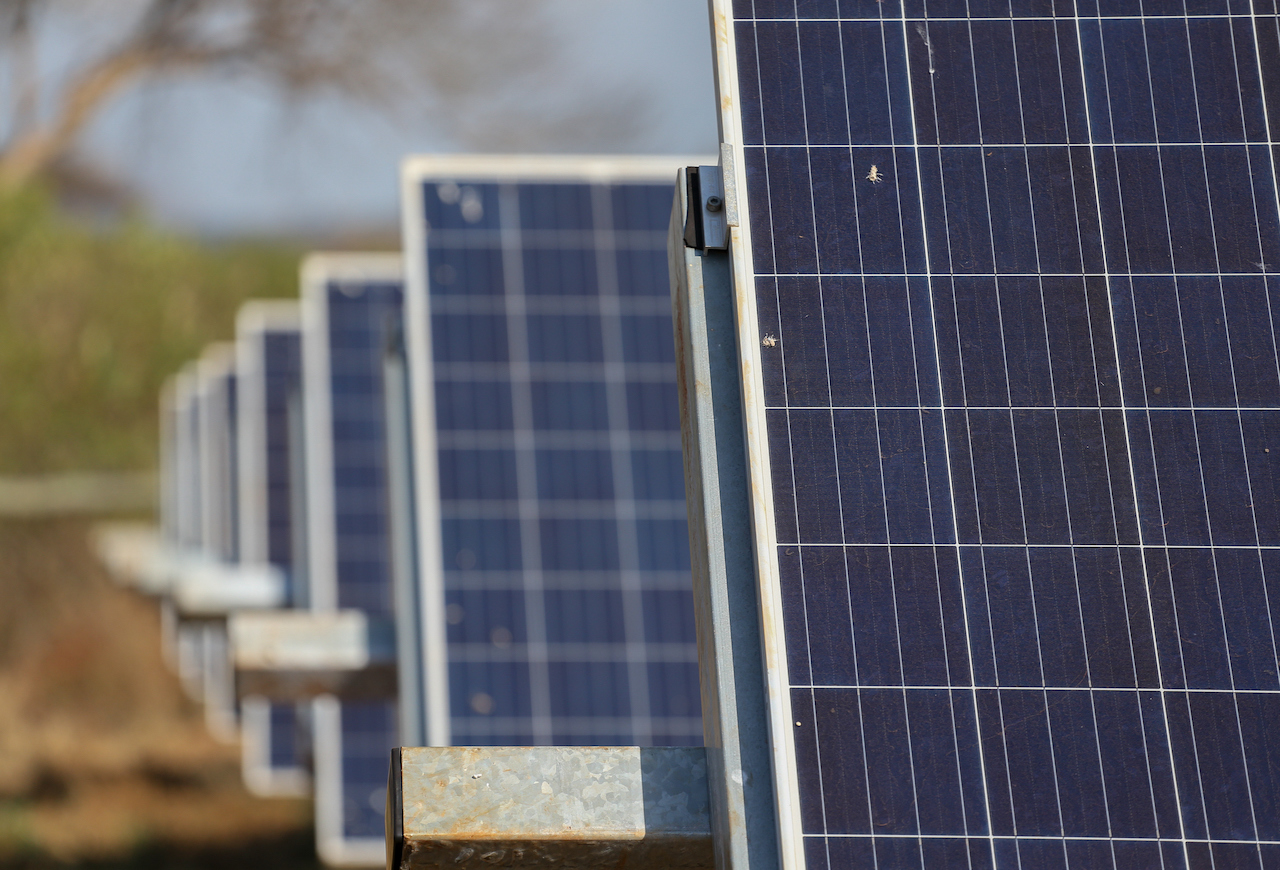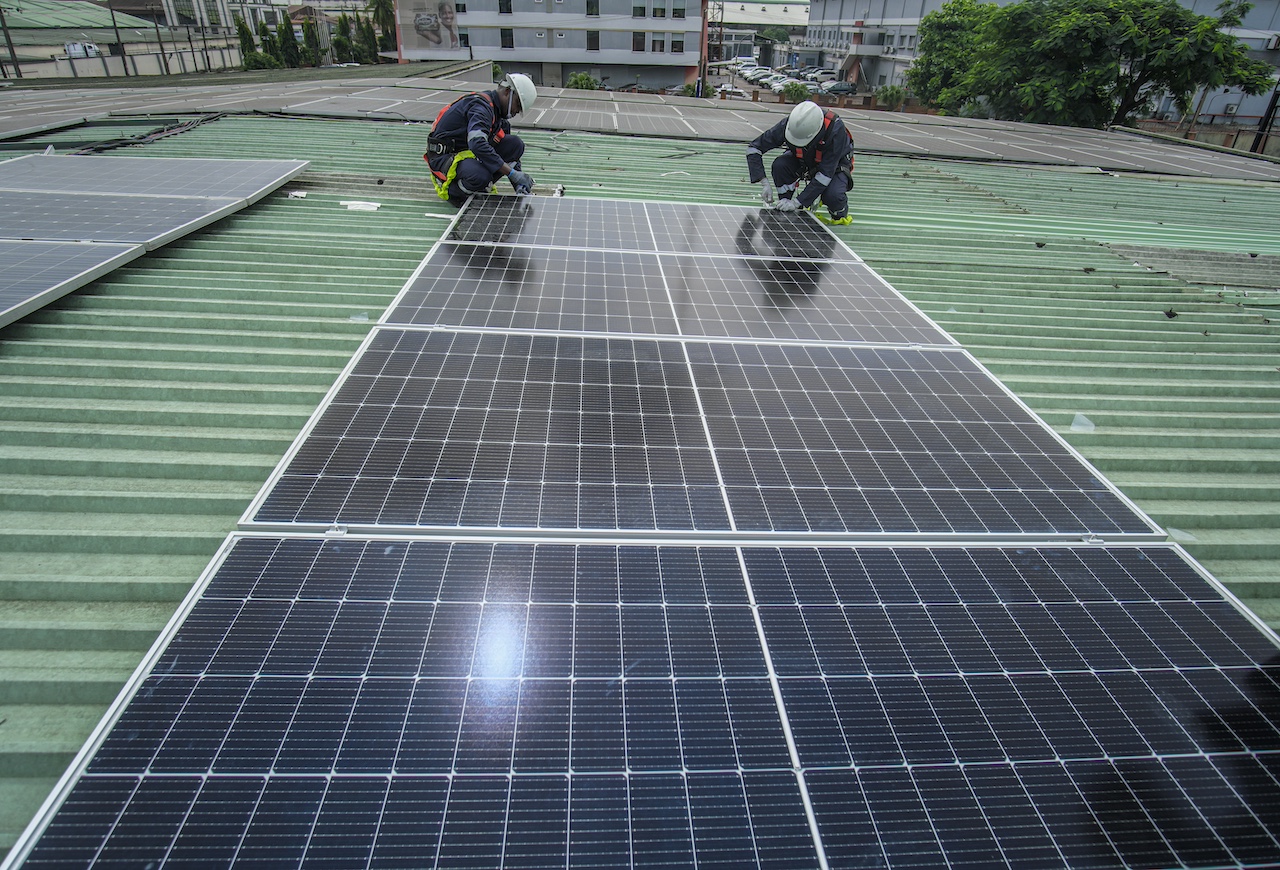The Nigerian firm provides distributed solar power systems to off-the-grid customers and to those battling with the country’s unreliable and increasingly costly grid supply.

Arnergy, a Lagos-based off-grid solar power provider, said it has closed an $18m (€16m) Series B funding round led by CardinalStone Capital Advisers (CCA) and backed by a number of European and US impact investors.
Bridge funding of $3m provided by Shell-backed non-profit All On in 2024 has been augmented by a further $15m from investors. They include existing investors All On, CCA, Norway’s Norfund, the Bill Gates-founded Breakthrough Energy Ventures, and EDFI Management Company, which is backed by several European development finance institutions (DFIs). UK DFI British International Investment has also joined as a new investor. The funding builds on a $9m Series A round in 2019 led by BEV.
Arnergy provides solar photovoltaic power systems, lithium battery storage technologies and remote monitoring platforms to households and businesses that lack a grid connection or are seeking alternatives to Nigeria’s unreliable grid power supply.
The company said that, since it was founded in 2013, it had delivered more than 1,800 systems with a solar energy capacity of over 9 megawatts (MW), along with 23MWh of energy storage across 35 Nigerian states.
Femi Adeyemo, founder and CEO of Arnergy, said the funding will enable the firm to extend its solar products and services to mainstream customers at competitive rates.
“With a nationwide expansion of our innovative zero down, rent-to-own models, we are leveraging strategic distribution partnerships to provide a highly reliable alternative to traditional energy sources,” he said.
The company said the fresh funding would support plans to deploy 12,000 additional solar systems by 2029 and target expansion in the healthcare, education, and SME sectors.
Competitive technology
The falling costs of solar technology and efforts to reduce the widespread use of polluting and expensive diesel generators have created an increasingly healthy market for solar energy providers in Nigeria.

The rising price of grid energy, following cuts to long-standing subsidies, is also making distributed solar energy look increasingly attractive. Nigeria’s government said earlier this month that an increase in tariffs for heavier power users – 15% of total customers – introduced in 2024 had resulted in a 35% reduction in electricity subsidies.
Despite efforts to make the electricity sector more attractive to investors, it continues to be plagued by grid supply issues. According to a report published in November 2024 by the Nigerian National Bureau of Statistics, Nigerian households suffer electricity blackouts 6.7 times per week on average, with each typically lasting 12 hours.
Solar power contributes only a small fraction of the country’s electricity supply, which is dominated by natural gas and hydropower. But the solar sector is growing fast, especially as a distributed energy solution in rural areas. Nigeria added 63.5MW of solar capacity in 2024, the fourth largest addition among African countries behind South Africa, Egypt and Zambia, according to Africa Solar Industry Association data.






